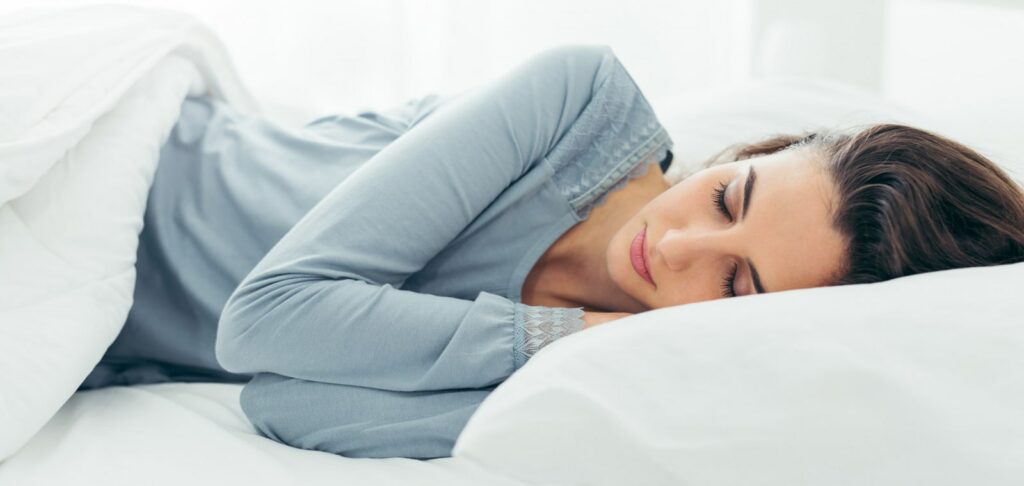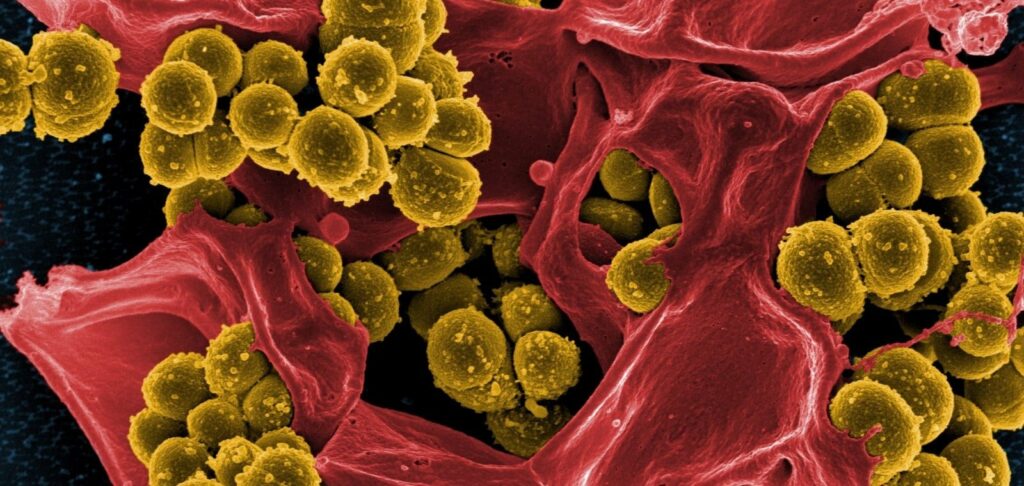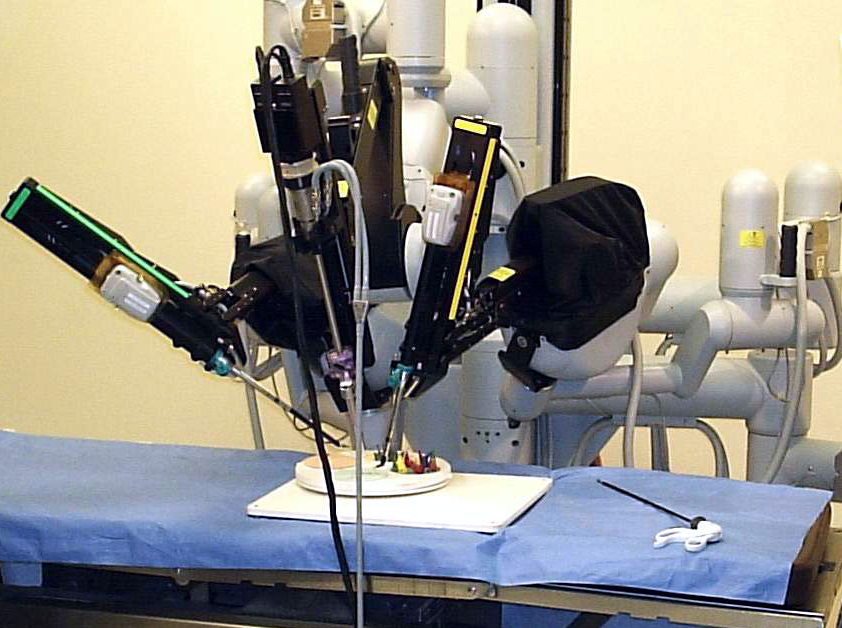
Doctors and researchers have long noted that ritualistic bedtime behavior, that is, performing the same habitual activities, often helps you fall asleep better than sleeping pills. People who suffer from chronic difficulty falling asleep and staying asleep experience significant relief from their symptoms by practicing personal hygiene, preparing a place to sleep, putting on pajamas, reading, etc. every night.
However, if earlier the “sleeping effect” of such measured evening rituals was attributed solely to psychological effects, now scientists from the University of Michigan have found its biological basis.
In their recent study, they examined the routines of mice before bedtime and demonstrated that if mice are unable to engage in nesting behavior, they take longer to fall asleep and their sleep quality decreases.
Obviously, if the effect of evening rituals works not only in humans but also in animals, it must have a clear physiological basis. And, using recently developed advanced visualization techniques, scientists have found it.
They labeled neurons in mice that were activated during sleep preparation to subsequently modulate their activity. As a result, they found that brain cells in the lateral hypothalamus – a brain structure located in the forebrain and responsible for many behaviors, including hunger, fear and thirst – control not only the animals’ pre-sleep behavior, but also the intensity of sleep. That is, by activating these neurons with nesting behavior, the mice ensure that they fall asleep easily and sleep soundly.
Read also: Scientists have created the world’s first digital prescription drug for insomnia



